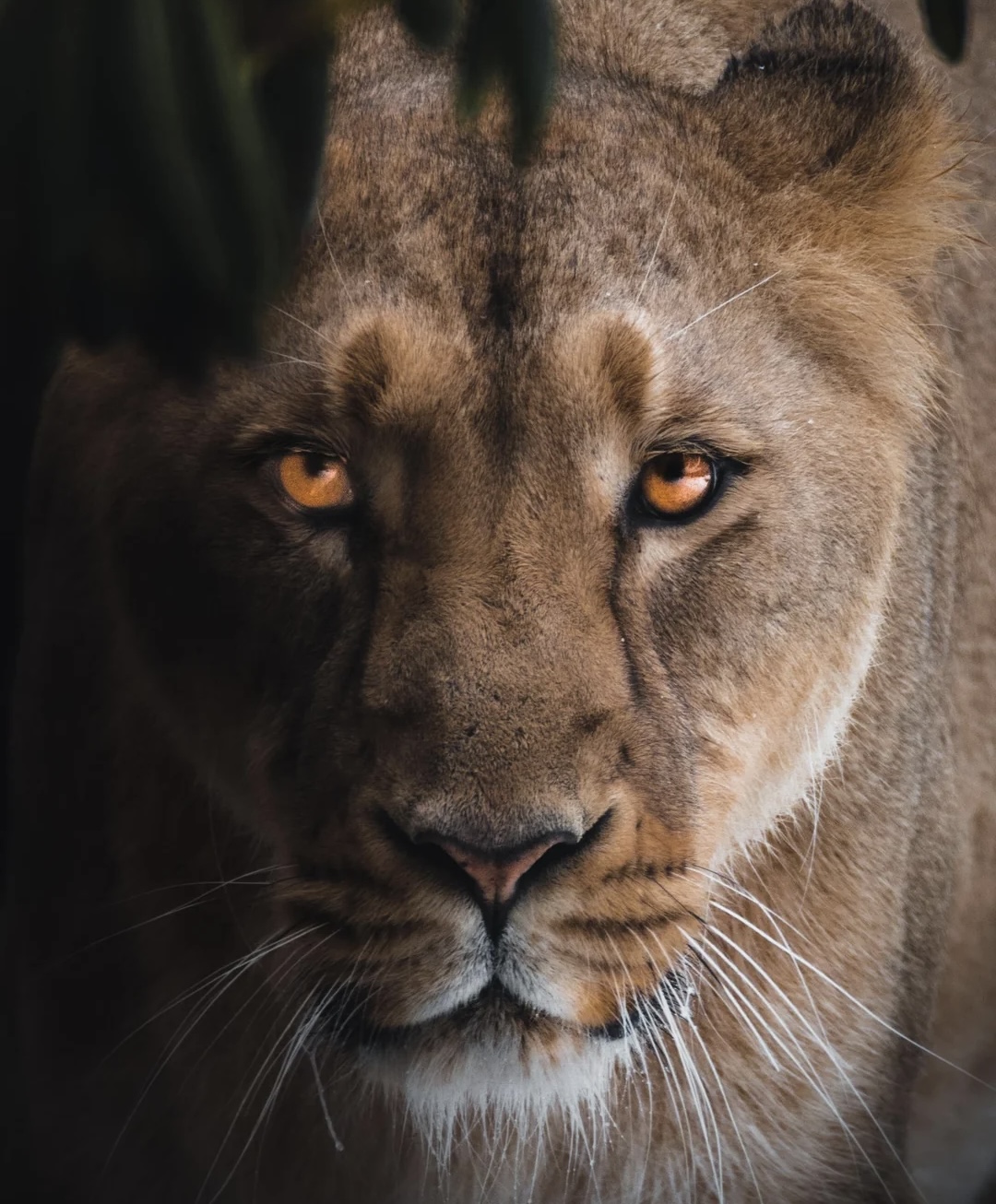Lion Freed After 20 Years of Captivity in a Circus
Mufasa, a mountain lion, endured a heartbreaking existence for two decades. Chained to the back of a pickup truck, he lived in severe confinement, deprived of basic comforts or freedom. His life was a living nightmare, all for the sake of a circus in Peru that sought to profit from his suffering. This animal, a magnificent creature with a powerful presence, was reduced to a mere spectacle for human entertainment.
For 20 years, Mufasa was held in a tiny, miserable space, with no room to roam, no opportunity to express his natural behaviors, and no real companionship except for those who exploited him. The conditions he endured were unimaginable. The bright and wild spirit of a mountain lion was crushed by years of neglect and abuse. His daily life was filled with stress, pain, and isolation, all under the harsh control of the circus owners who cared nothing for his well-being.
But despite the suffering Mufasa endured, hope did arrive in the form of dedicated animal rights advocates. In 2015, a glimmer of light appeared in his dark life. Animal Defenders International (ADI), an organization dedicated to the protection of animals, had been working tirelessly to shut down circuses in Peru that mistreated animals. After months of negotiation and hard work, they finally managed to secure Mufasa’s release from his cruel captivity.
When ADI found Mufasa, he was in a condition that spoke volumes of the trauma he had undergone. His body had been ravaged by years of confinement, and his spirit, though still alive, had been worn down by years of oppression. But as the team of rescuers took him to a sanctuary, Mufasa’s transformation began. He took his first steps toward freedom, an act that symbolized more than just the removal of physical chains—it marked the beginning of his journey to healing.
The change in Mufasa was remarkable. For the first time in his life, he could roam, stretch his legs, and feel the open space around him. He could experience something that every wild animal deserves: freedom. Watching Mufasa interact with his new environment was an emotional moment for those who had worked to rescue him. He was no longer a caged animal; he was a lion again, in mind and body.
Though Mufasa’s freedom came late in his life, it was transformative. He experienced the simple joys of a natural existence, like basking in the sun and receiving gentle back scratches. These moments of tenderness and care were something he had never known during his time in the circus. But the toll of years in captivity could not be undone. Mufasa’s health had deteriorated significantly during his time chained to the truck, and despite the newfound freedom, he began to suffer from kidney failure and other age-related health issues. Sadly, Mufasa passed away later in 2015.
His story, however, lives on, as a poignant reminder of the cruelty that animals often endure for human amusement. Mufasa’s experience was far from unique, as countless other animals continue to suffer in circuses, zoos, and entertainment venues around the world. Thankfully, there has been progress, and many countries have taken steps to ban the use of wild animals in circuses. Yet, the fight is far from over. Too many animals still live in captivity under horrific conditions, denied the opportunity to live freely and fulfill their natural needs.
Mufasa’s tale is a tragic one, but it also serves as a testament to the power of compassion and advocacy. His final months were filled with freedom and care, something he never should have been deprived of for so long. He showed the world the importance of standing up for those who cannot speak for themselves, and his story continues to inspire those working to protect animals from exploitation.
Mufasa may no longer walk the earth, but his legacy lives on. His story has touched the hearts of many and remains a call to action for all who care about the welfare of animals. It is a reminder that no animal should ever be treated the way Mufasa was. We must continue to fight for the freedom and dignity of all creatures, ensuring that their lives are not measured by human entertainment but by their right to live as nature intended.
